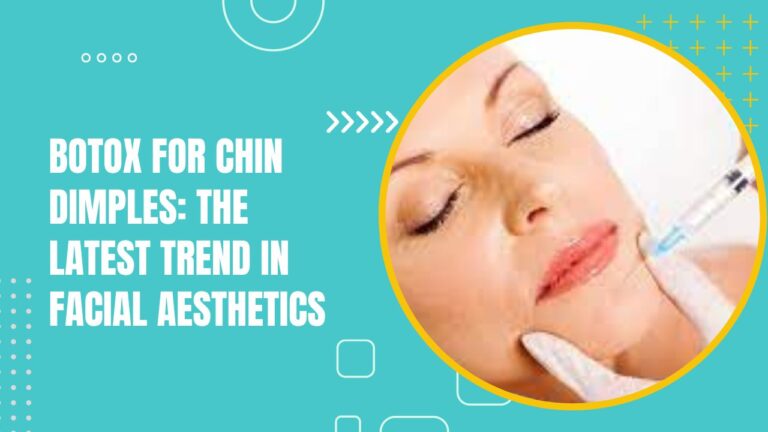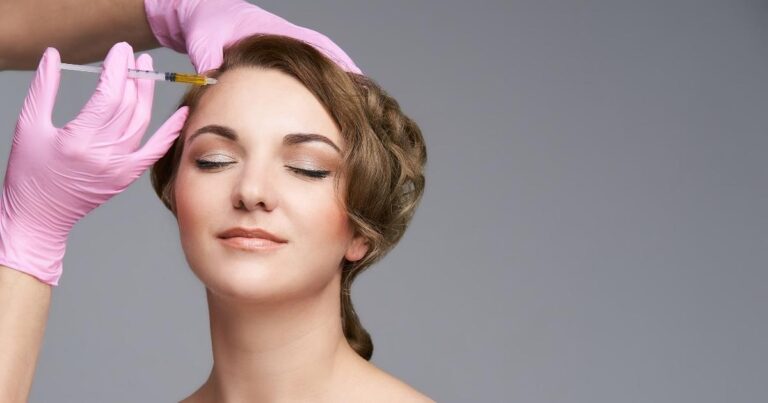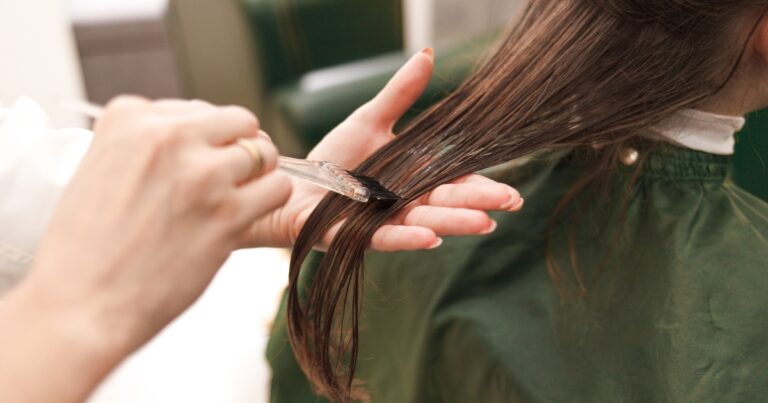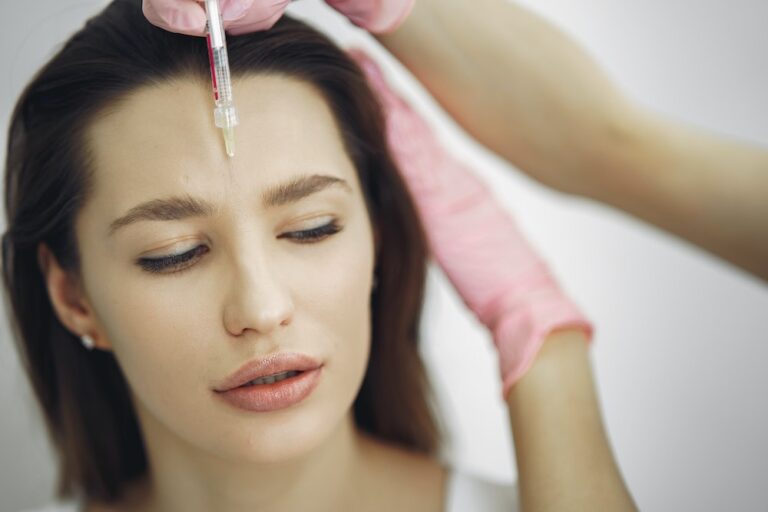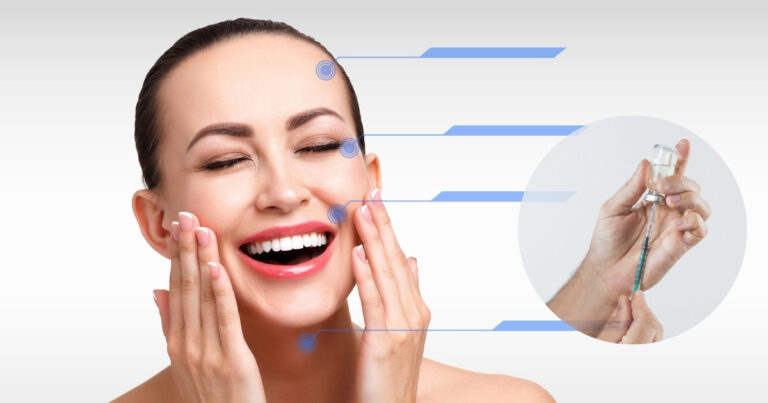Botox is one of the most popular dermal cosmetic procedures. Statistics show that in 2022, plastic surgeons performed 6.2 million botox procedures worldwide. Globally, the Botox market is worth $ 4.4 billion. After all, who doesn’t want a perfect and younger look? Botox can eliminate those frown lines, wrinkles, crow’s feet, and other aging changes.
Plastic surgeons also use botox to treat excessive sweating, overactive bladder, chronic migraines, and neck spasms. These physical changes also translate to psychological benefits like increased confidence.
Results from a botulinum injection are not uniform for all patients. Individuals’ responses to treatments vary depending on their medical histories and underlying illnesses. To get the best results, you should ask the right questions to get the proper customized care. Here are some questions you should ask in your consultation:
1. Is Your Practice Professionally Certified?
To be sure you are in good hands, you should ask that question first. Any plastic surgeon can administer Botox filler treatments, but the risk rises if they are not properly licensed. Ask your doctor about their licensing information, their experience, and academic credentials. You could also ask for before and after pictures of some of their prior clients, which will help you gauge their level of expertise.
If a doctor cannot fulfill the above requirements, it’s your sign to run. Here is a checklist of some of the questions you need to ask:
Book A Consultation With Dr Tarek Bayazid
Top-rated Plastic Surgeon For Botox in Dubai
Installment Plan Available
- What are your academic credentials?
- Do you belong to any board of plastic surgeons?
- Did you receive training specific to the botox treatment procedure?
- How long have you administered botox injections?
- Is your clinic accredited to provide this procedure?
- What happens if I’m not satisfied with the results?
These questions will create open communication between you and your doctor. They’ll help you establish whether you are in safe hands.
2. Do I Qualify for Botox Treatment?
Healthy adults between 30-50 years who would want to fade lines and wrinkles are excellent candidates for botox. The results are temporary, so the changes after botox are not permanent alterations.
Despite the recommended age bracket, skin types age differently. You may need to start botox treatments at a younger age if your fine lines appear earlier. Doctors also recommend botox as a preventative measure.
The treatment is more effective when it relaxes muscles before expression lines appear. Thus, the age bracket may reduce to about 25.
Botox injections may not be ideal for you if :
- The target area has a skin infection.
- You are sensitive to a particular ingredient in botox injections.
- You have amyotrophic lateral sclerosis or any other nerve and muscle condition.
- You are pregnant or nursing.
- If your general health is poor.
- Your skin is extremely thick or sensitive.
- You are currently on medication such as blood thinners and aminoglycoside antibiotics.
On your first botox appointment, your doctor will conduct a thorough medical check before the procedure to give you an answer to this question. They will look into your medical history and advise you appropriately.
3. What Can I Expect After a Botox Treatment?
If you are unsure how the wrinkles and fine lines will fade away, your doctor can give you an expert opinion. As previously mentioned, each of us has a unique body; thus, we metabolize botox differently. After the injection, you may experience mild discomfort. Your doctor may apply numbing cream to reduce this.
You can return to your normal activities immediately after. Side effects such as swelling, redness, and bruising are normal after the procedure. Your doctor may advise you not to stay upright, apply pressure on the injected area, or engage in physical exertion.
The side effects will ease up after one or two days. According to a study ,only one in six botox patients experience adverse effects. Check into the emergency room if you experience serious side effects such as difficulty breathing.
Your desired results will start appearing after three to four days. The full results take 10 to 14 days. After six months, the results will wear off, and you may need more injections.
4. How Long Should I get Botox Injections?
Since the results from a botox procedure are not permanent, you may need other injections when the results start fading. For first-time users, botulinum treatments can last about three to four months.
You may need to schedule another treatment to maintain the results. An ideal schedule would be every four months. Your doctor will advise you better on this, based on the nature of the body. For long-term users, the results may last longer. They may extend past six months, which means fewer injections. Long-term botox users could plan their appointments on a semi-annual basis.
To gauge your timelines, your doctor may use the following factors:
- Areas requiring treatment
- Depth of the wrinkles
- Your level of expression
5. How Much Do Botox Injections Cost?
It’s best to voice your concerns about the cost at the initial consultation. Your doctor will give you treatment options that cater to your budget. The cost may range between $350- $600 for a botulinum procedure and $10-$30 for a botox unit. Costing may vary depending on factors such as:
- The area that needs treatment: If you require treatment in more areas, it may cost you more. You may ask if your clinic offers discounts for patients treating multiple areas. Other body parts, like armpits, may also need more botox units than others.
- Your plastic surgeon’s reputation: Botox injections may be administered by dentists, physician assistants, skin care specialists, registered nurses, and technicians. Healthcare practitioners who have built a reputation for themselves due to their outstanding performance may charge more.
- Clinic location: Plastic surgeons in bigger cities tend to charge more.
Your choice in terms of cost should be based on the procedure’s effectiveness. The likelihood of a highly skilled botulinum toxin supplier increases with procedure cost. Although lower pricing could tempt you, you might have difficulties or undesirable outcomes.
Book the Best Botox Provider
The above quotations are a good starting point during your botox consultation. If the answers satisfy you, you can get the injections without worry.
Dr. Tarek Bayazid, a licensed botulinum toxin provider with outstanding experience, will answer all your questions sufficiently. He will provide detailed answers to put your mind at ease and create a special treatment for you. To start, check out Dr. Tarek Aesthetics’ website and book an appointment today.
Frequently Asked Questions



